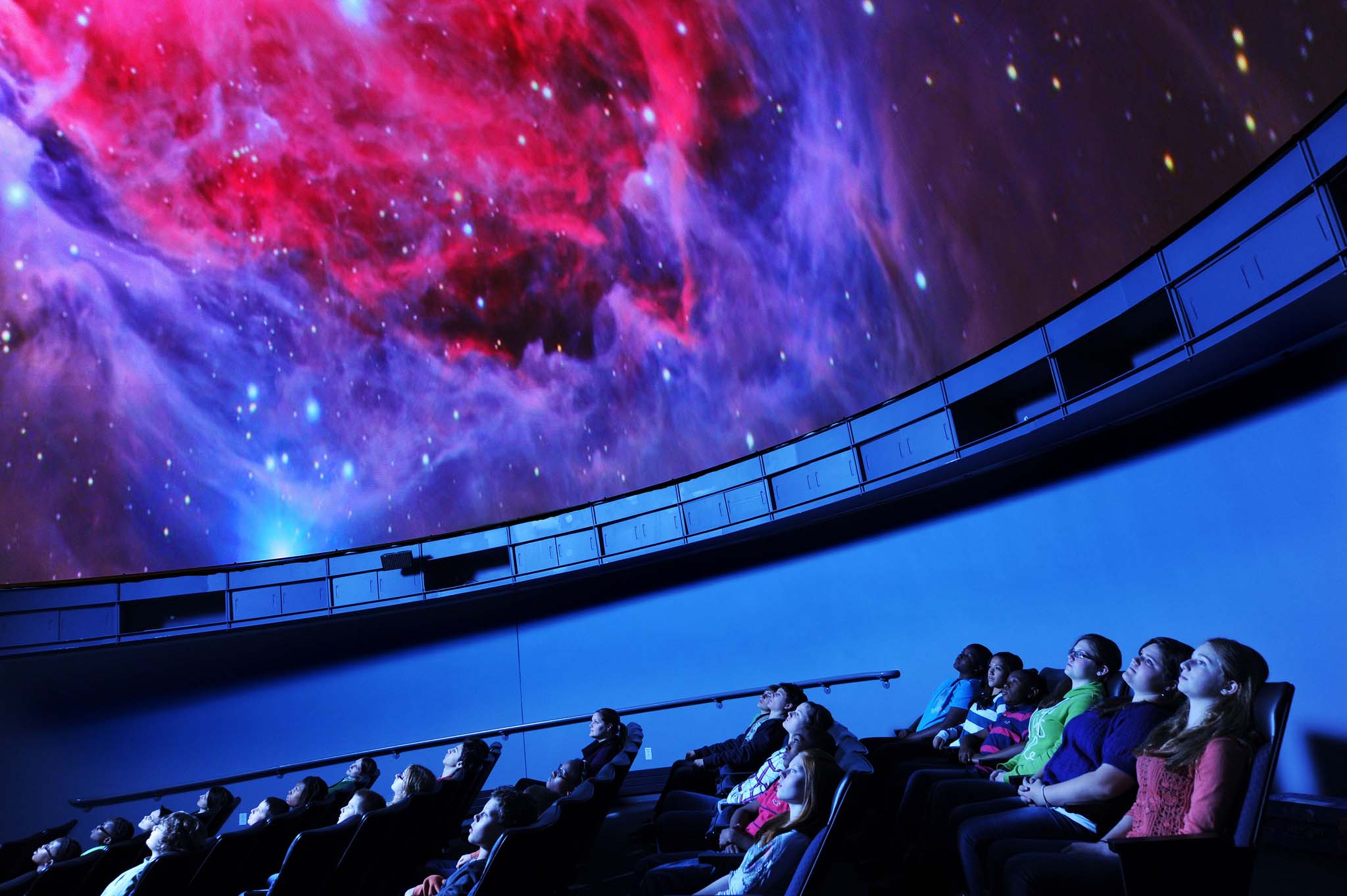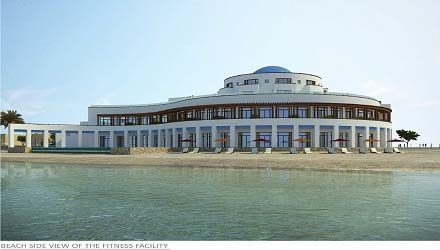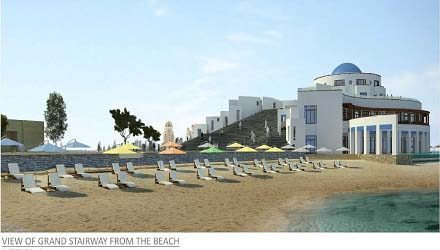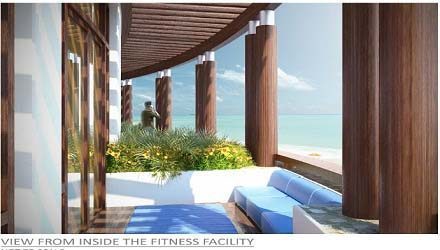
Despite budget cuts, Katara Cultural Village is pushing ahead with expansion plans that include the establishment of a planetarium, library and several new restaurants by early 2017, the center’s top executive has said.
While some of these amenities have previously been under consideration, this appears to be the first time Katara has publicly committed to constructing these new attractions.
In a wide-ranging interview with Al Watan newspaper this week, Katara general director Khalid bin Ibrahim al-Sulaiti said work is underway to construct a new underground parking garage, new theaters and observatories, more exhibition space as well as a large library and planetarium, all of which should be completed in 14 to 16 months.

Al-Sulaiti was not available for an interview to provide more details on the plans.
A planetarium is typically used for educational and entertaining shows that feature projections of stars and planets on a domed roof for audiences in a theater-style setting. Researchers have previously said that they hoped such a facility could attract more people in Qatar to the field of astronomy.
Where the new attractions will be located remains unclear, although most of the land set aside for Katara’s expansion is located on the south end of the property, near the St. Regis Hotel.
Construction on another initiative, eight “huts” over the water, is expected to start within three months and will include several restaurants, al-Sulaiti told Al Watan.
“The special thing about this project is that it guarantees complete privacy for customers who are promised a unique experience visiting the huts,” al-Sulaiti was quoted as saying.
Separately, he said the Katara Fitness Center – which overlooks the water and also includes a spa, sauna and “luxurious restaurants” – is “nearing completion.”
According to contractor Midmac, the three-story, 7,000-square-meter facility also includes an outdoor and indoor swimming pool. While media reports said the facility was supposed to be completed last year, al-Sulaiti said everything was progressing on schedule:
“There is no delay whatsoever and all the projects are going according to their respective timelines,” he told Al Watan.
Budget cuts
Though Katara receives monetary support from the government, it’s expected to be a financially profitable cultural institution. It has been told that its budget will be reduced in 2016, al-Sulaiti told Al Watan.
It is not alone, as other state-backed organizations, such as Qatar Museums and Qatar Foundation, have also seen their funding cut.

However, he said that are no plans to reduce the number of events held at Katara, and the cultural village would instead pursue sponsorship agreements with other government institutions.
Meanwhile, several large commercial developments are currently underway.
That includes Katara Plaza, a luxury air-conditioned outdoor shopping center that’s under construction and is scheduled to open next year.
Confirmed tenants include the Middle East’s first evian spa, named after the French mineral water firm, and Qatar’s first Galeries Lafayette, an upmarket Paris-based retailer specializing in clothing, accessories and homeware.

Additionally, a residential development dubbed Katara Hills will add 383 villas and apartments on the ridges overlooking the water.
Al-Sulaiti said construction has started on the first phase and that architectural plans are being developed for future stages of Katara Hills.
Tourism push
The official conceded that traffic jams frequently occur around the entrances to Katara during large events, but added that management meets with traffic authorities in advance to try to minimize congestion.

He said the tie-ups haven’t hurt event attendance and are inevitable due to ongoing construction of the Doha Metro as well as new roads and expressways.
Destinations such as Katara, which hosts many popular events throughout the year including the annual Dhow Festival, are expected to play a central role in Qatar’s efforts to dramatically increase the number of tourists to the Gulf state in the coming years.
Cultural attractions that showcase authentic Qatari and Arab experiences through festivals, museums, markets, art galleries and heritage sites were highlighted in the Qatar Tourism Authority’s long-term strategy, which aims to more than double the number of visitors to Qatar to between 6.7 million and 7.4 million by 2030.
Thoughts?










